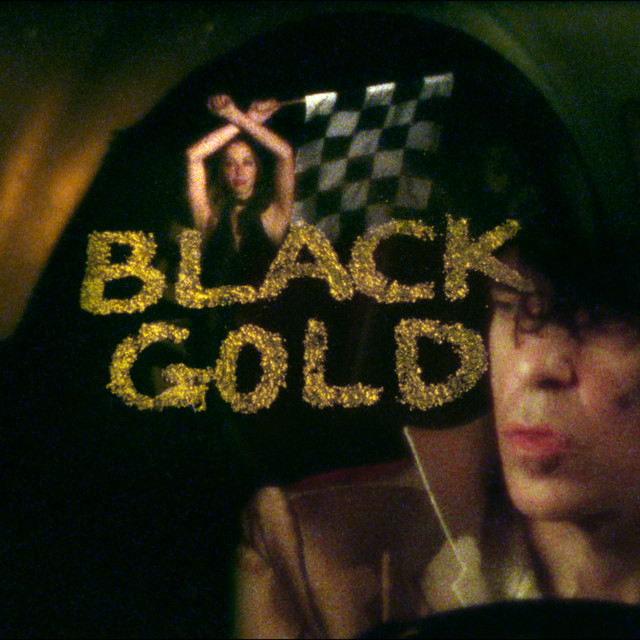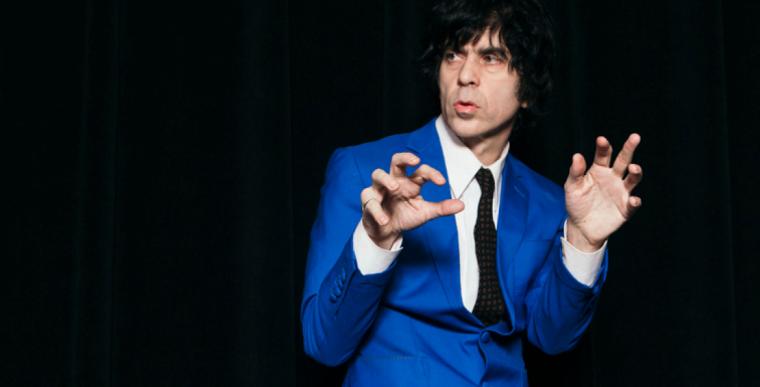Your latest release with Escape-ism, “Black Gold,” has a minimalistic and raw gospel/rock ‘n’ roll vibe that feels reminiscent of the seventies. Is that intentional, as part of your “today is tomorrow’s nostalgia” master plan?

Escape-ism is committed to the idea of absolute minimalism: fewer notes, fewer beats, and fewer words and ideas. We made most of it at our studio, which is also very minimal.
Godard once said, “Cinema is the most beautiful fraud in the world.” How does this perspective resonate with your approach to filmmaking?
Film is almost a dead medium, I suppose—the narrative story with characters, a setting, and a theme that unfolds over an hour and a half, ultimately reaching a resolution. Like harmony in music, this type of movie is eschewed by a modern Netflix audience that prefers either propagandistic documentaries that tell them what to think, endless miniseries of pure banality, or purely violent catharsis and ultraviolence, as exemplified by apocalyptic shoot-’em-up blockbusters.
However, there is an old tradition of rock ‘n’ roll movies, like A Hard Day’s Night, Having a Wild Weekend, and Tommy. We in Escape-ism are big fans of this kind of film, and we were inspired to create a rock ’n’ roll fantasia in that vein. Other significant inspirations included Italian sci-fi and Espresso Bongo with Laurence Harvey.
Let’s take a trip down memory lane: what’s the quirkiest gig you’ve ever done?
They are all strange in their own way.
